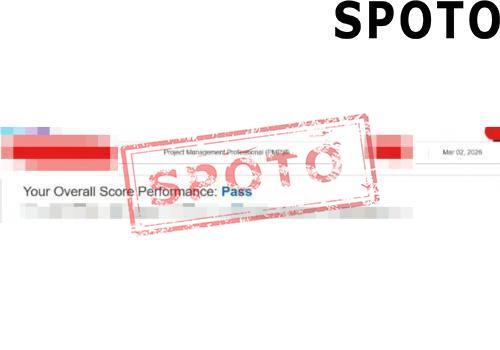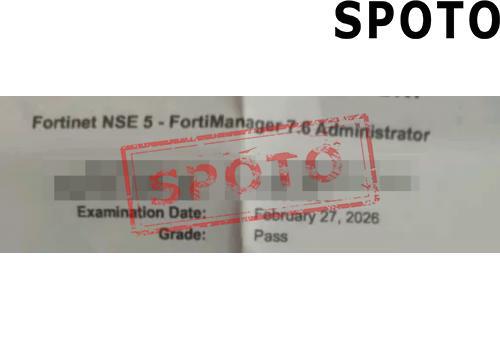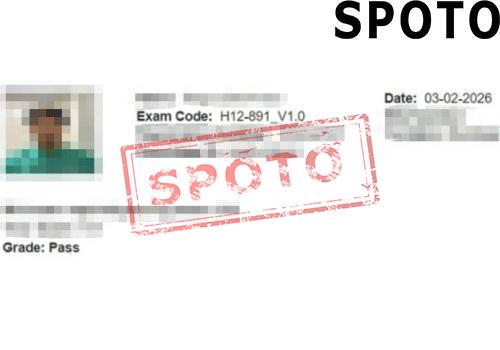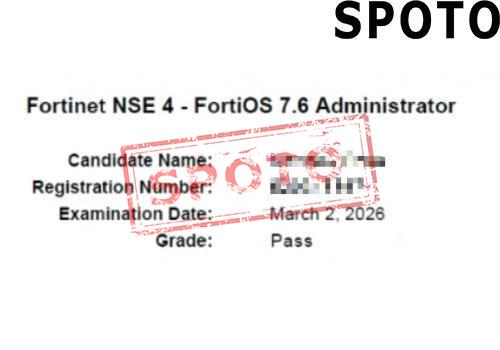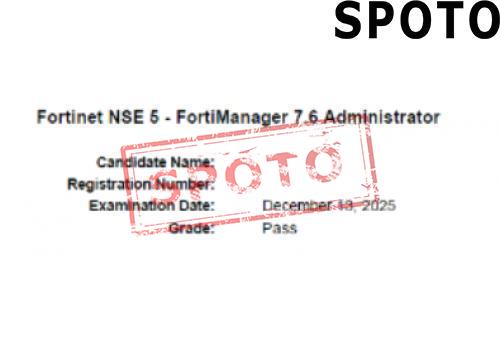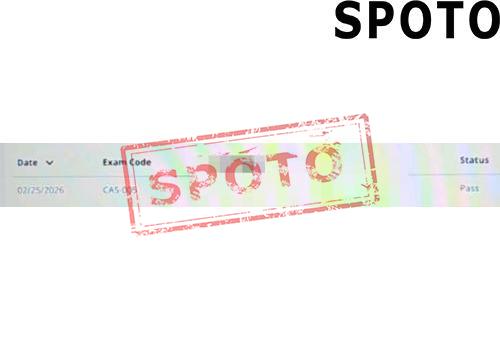
Table of Contents
- What Is the CFA Sustainable Investing Certificate?
- Why ESG Certification Career Paths Are Booming in 2026
- ESG Certification Job Prospects: From Analyst to ESG Director
- ESG Certification Pathway: How to Advance Your Career in Sustainability
- How to Prepare for the CFA Sustainable Investing Certificate Exam
As ESG (Environmental, Social, and Governance) investing becomes a global priority, professionals across finance, consulting, and risk management are seeking specialized credentials to enhance their expertise. One of the most recognized credentials in this space is the CFA Institute’s Sustainable Investing Certificate, previously known as the Certificate in ESG Investing. Renamed in April 2026, this certification reflects the evolving needs of investors and businesses focused on long-term sustainability.
In this comprehensive guide, we’ll explore how the CFA Sustainable Investing Certificate enhances your ESG certification career, boosts job prospects, and aligns with global ESG trends. You’ll also find updated exam details, salary benchmarks, and career pathways that can help you chart a clear ESG certification pathway from analyst to executive.
What Is the CFA Sustainable Investing Certificate?
The CFA Sustainable Investing Certificate is a globally respected program designed for finance professionals looking to integrate ESG factors into their investment decision-making. Initially launched in 2021 and rebranded in April 2026, it reflects the CFA Institute’s commitment to sustainable investment education.
Key Exam Details:
-
Format: 100 multiple-choice questions
-
Duration: 2 hours and 20 minutes
-
Delivery: Online, on demand
-
Recommended Study Time: 100+ hours
-
Cost:
-
USD $890 (Standard rate)
-
USD $712 (Early-bird/member discount until July 31, 2026)
-
-
Prerequisites: No prior CFA certification required
Curriculum Topics:
-
Introduction to ESG
-
The ESG Market
-
Environmental Factors
-
Social Factors
-
Governance Factors
-
Engagement and Stewardship
-
ESG Integration in Investment Management
-
ESG Analysis, Valuation, and Portfolio Construction
This structure makes the certification accessible for professionals in investment analysis, portfolio management, risk advisory, and corporate sustainability functions.
Why ESG Certification Career Paths Are Booming in 2026
ESG concerns are no longer optional—they are integral to regulatory compliance, investor mandates, and reputational management. The demand for ESG-literate professionals has surged as companies align with sustainability reporting frameworks like GRI, SASB, and TCFD.
📈 Job Growth: According to LinkedIn and Deloitte, ESG-related job postings grew by over 40% between 2021 and 2023, and this trend is continuing into 2026.
Governments and asset managers alike are requiring more robust ESG disclosures, especially in the EU and APAC regions. As a result, ESG certifications—especially the CFA certificate—serve as a significant competitive edge.
ESG Certification Job Prospects: From Analyst to ESG Director
With the right ESG certification, your career options extend across industries, including finance, consulting, energy, tech, and non-profits. Let’s explore common ESG certification career paths and how salaries vary by experience and region.
Early Career Roles:
-
ESG Analyst / Sustainability Analyst
-
ESG Research Associate
-
Impact Investment Analyst
💼 Salary Benchmark:
-
Global: USD $60,000 – $80,000 / year
Mid-Career Roles:
-
ESG Consultant / Advisor
-
Sustainable Finance Officer
-
ESG Risk Manager
💼 Salary Benchmark:
-
Global: USD $90,000 – $120,000 / year
Senior-Level Roles:
-
Head of ESG / ESG Director
-
Chief Sustainability Officer (CSO)
-
Chief Investment Officer (ESG focus)
💼 Salary Benchmark:
-
Global: USD $150,000 – $250,000+ / year
These roles offer strong growth potential, particularly in multinational firms, investment banks, and ESG-focused consultancies.
ESG Certification Pathway: How to Advance Your Career in Sustainability
Here’s a clear roadmap to navigate your ESG career path using the CFA Sustainable Investing Certificate:
Step 1: Build Your Foundation
Start with learning ESG fundamentals via the CFA curriculum or online short courses. Develop familiarity with sustainability frameworks such as:
-
Global Reporting Initiative (GRI)
-
Sustainability Accounting Standards Board (SASB)
-
Principles for Responsible Investment (PRI)
Step 2: Earn the CFA Sustainable Investing Certificate
Use official CFA study guides, mock exams, and third-party prep resources to prepare. Aim for at least 100 hours of study. Consider combining it with:
-
GARP SCR (Sustainability and Climate Risk)
-
EFFAS CESGA (Certified ESG Analyst)
...if you want a multi-framework certification stack.
Step 3: Apply ESG Skills on the Job
Join ESG projects in your current firm or apply for analyst/associate roles where you can analyze ESG risks, manage ESG portfolios, or advise on ESG policy.
Step 4: Grow into Leadership
Over time, move into advisory or executive-level roles. Supplement your CFA credential with experience, leadership training, and stakeholder management.
How to Prepare for the CFA Sustainable Investing Certificate Exam
Success in the exam requires more than memorization—it demands real application of ESG frameworks. Here are some proven strategies:
-
Download CFA’s Official Curriculum and use their practice questions
-
Study ESG reporting standards, such as TCFD and EU Taxonomy
-
Use Mock Exams from reputable providers (including SPOTO’s ESG exam kit)
-
Join ESG Forums or LinkedIn communities to stay up to date
📘 Recommended Prep Time:
Minimum 100 hours of study over 6–8 weeks.
